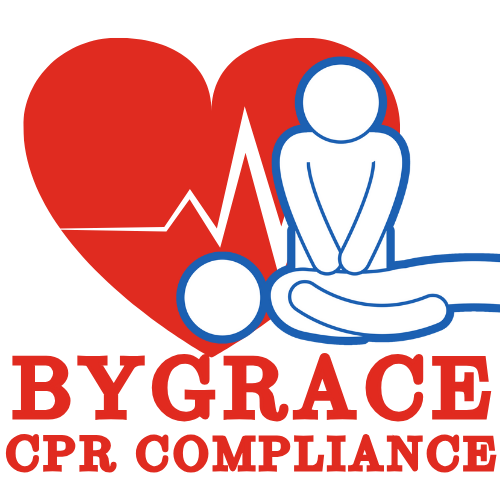Liver cancer is a type of cancer that starts in the liver. The liver is a large organ that’s responsible for several important functions, including filtering the blood, breaking down toxins, and producing bile. There are two main types of liver cancer: primary liver cancer and secondary liver cancer. Primary liver cancer starts in the liver, while secondary liver cancer starts in another part of the body and then spreads to the liver.
In the United States, liver cancer is the ninth most common type of cancer, with about 42,000 new cases diagnosed each year. It’s the third leading cause of cancer-related death in men, and the fifth leading cause of cancer-related death in women. The five-year survival rate for liver cancer is about 18%.
Symptoms of Liver Cancer
The symptoms of liver cancer. The symptoms can vary depending on the type and stage of the cancer. However, some common symptoms include abdominal pain, jaundice, fatigue, nausea, loss of appetite, and weight loss.
Some people may experience swelling in the legs, ankles, or feet. This is called edema, and it can be a sign of liver cancer.
People with liver cancer may experience easy bruising or bleeding, itchy skin, or yellowing of the skin or eyes. If you’re experiencing any of these symptoms, it’s important to see a doctor right away.
Some Causes and Risk Factors
There are several risk factors that can increase your risk of developing liver cancer, including hepatitis, obesity, and alcohol use and others are
- Certain inherited conditions, such as hemochromatosis or alpha-1 antitrypsin deficiency.
- Family history of liver cancer.
- Liver diseases, such as cirrhosis or fatty liver disease.
- Certain medications, such as anabolic steroids or tamoxifen.
- Exposure to certain chemicals, such as vinyl chloride or aflatoxin.
- A history of excessive alcohol use.
Prevention Of Liver Cancer
The best way to prevent liver cancer is to live a healthy lifestyle. But let’s talk about a few more specific ways you can reduce your risk:
- Avoid excessive alcohol use. Alcohol consumption is one of the biggest risk factors for liver cancer. If you drink alcohol, do so in moderation.
- Eat a healthy diet. A diet rich in fruits, vegetables, and whole grains is important for liver health. It’s also important to limit your intake of processed foods and red meat.
- Maintain a healthy weight. Being overweight or obese can increase your risk of liver cancer.
Steps To Reduce Risk of Liver Cancer.
There are also some additional steps you can take to reduce your risk of liver cancer. These include:
- Getting vaccinated against hepatitis B and C.
- Avoiding contaminated water and food.
- Using caution when handling chemicals, such as cleaning products or pesticides.
- Practicing safe sex.
- Getting regular checkups with your doctor.
- Following up on any abnormal liver test results.
Treatment of Liver Cancer
There are several different treatment options for liver cancer, and the best treatment for you will depend on the stage of your cancer and your overall health. Generally, treatment options include surgery, radiation therapy, chemotherapy, and targeted drug therapy. In some cases, a liver transplant may also be an option.
Key Takeaways
- The earlier liver cancer is diagnosed, the better the chances of successful treatment.
- Treatment options and outcomes can vary greatly from person to person.
- The side effects of treatment can be significant.
- Treatment can be expensive and may not be covered by insurance.
- New treatments are being developed all the time, so it’s important to stay informed about the latest advances.
Bottom Line
LIVER CANCER
- It’s a serious disease, but there are treatments that can improve survival rates.
- The best way to prevent liver cancer is to live a healthy lifestyle and get vaccinated against hepatitis B and C.
- If you have liver cancer, talk to your doctor about all of your treatment options and the possible side effects.
That’s the nutshell version! Is there anything else you’d like to know about liver cancer?

0 Comments